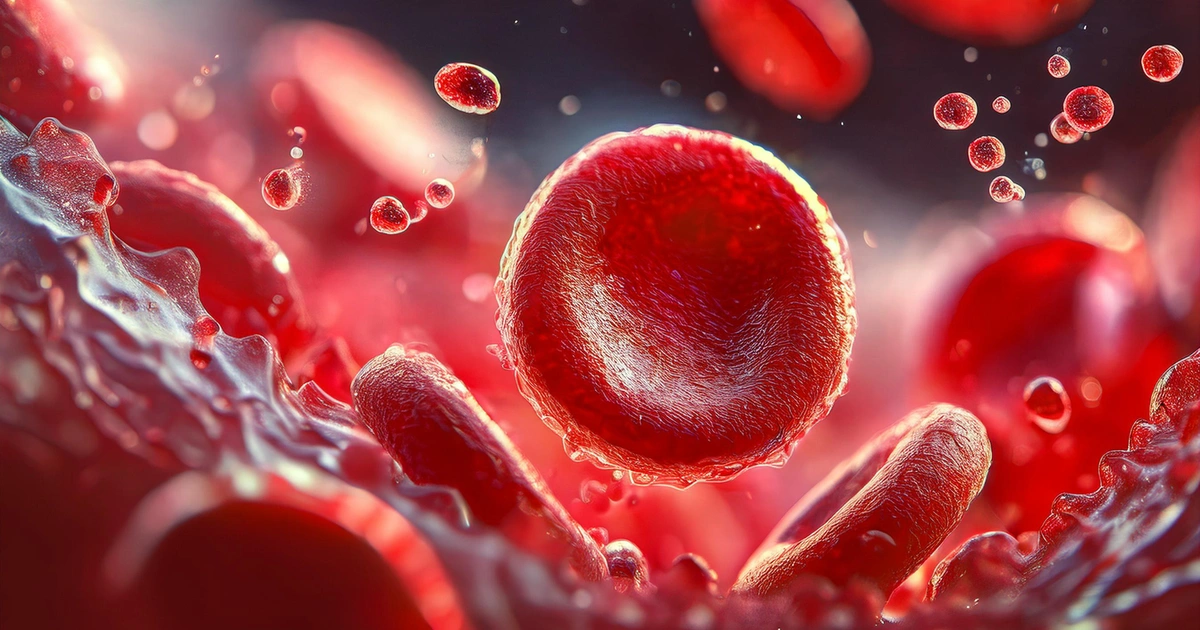Cold Plunge Surprise: How a Single Icy Dip Affects Your Blood

The Impact of Cold Water Immersion on Blood Properties
Cold water immersion (CWI) has gained popularity as a potential health-boosting practice, but its effects on the human body are still not fully understood. A recent study published in Scientific Reports sheds new light on how a single session of CWI affects blood properties in healthy young men.
Key Findings
Changes in Blood Composition
The study revealed several significant changes in blood composition after CWI:
- Increased neutrophil count
- Decreased lymphocyte count
- Elevated mean corpuscular volume (MCV)
- Higher total protein and albumin concentrations
Altered Erythrocyte Properties
One of the most notable findings was the impact on red blood cells:
- Reduced erythrocyte deformability at various shear stress levels
- No significant changes in erythrocyte aggregation parameters
Endothelial Cell Response
In vitro experiments on human umbilical vein endothelial cells (HUVECs) exposed to cold temperatures showed:
- Morphological changes, including membrane ruffles
- Increased recruitment of monocytic cells, indicating endothelial activation
Implications for Health and Performance
These findings suggest that a single CWI session may have both positive and potentially challenging effects on the body:
- The altered blood composition could reflect an acute stress response.
- Reduced erythrocyte deformability might temporarily impair blood flow.
- Endothelial cell activation could have implications for vascular function.
However, it's important to note that these changes were observed after a single exposure in non-acclimatized individuals. Regular cold water swimmers may develop adaptive responses over time.
Future Research Directions
This study 1opens up several avenues for future investigation:
- Long-term effects of repeated CWI on blood properties
- Potential differences between active and passive cold water exposure
- Mechanisms underlying the observed changes in blood composition and cell function
As interest in cold water therapy continues to grow, understanding its physiological impacts becomes increasingly important for both health professionals and enthusiasts.
References: